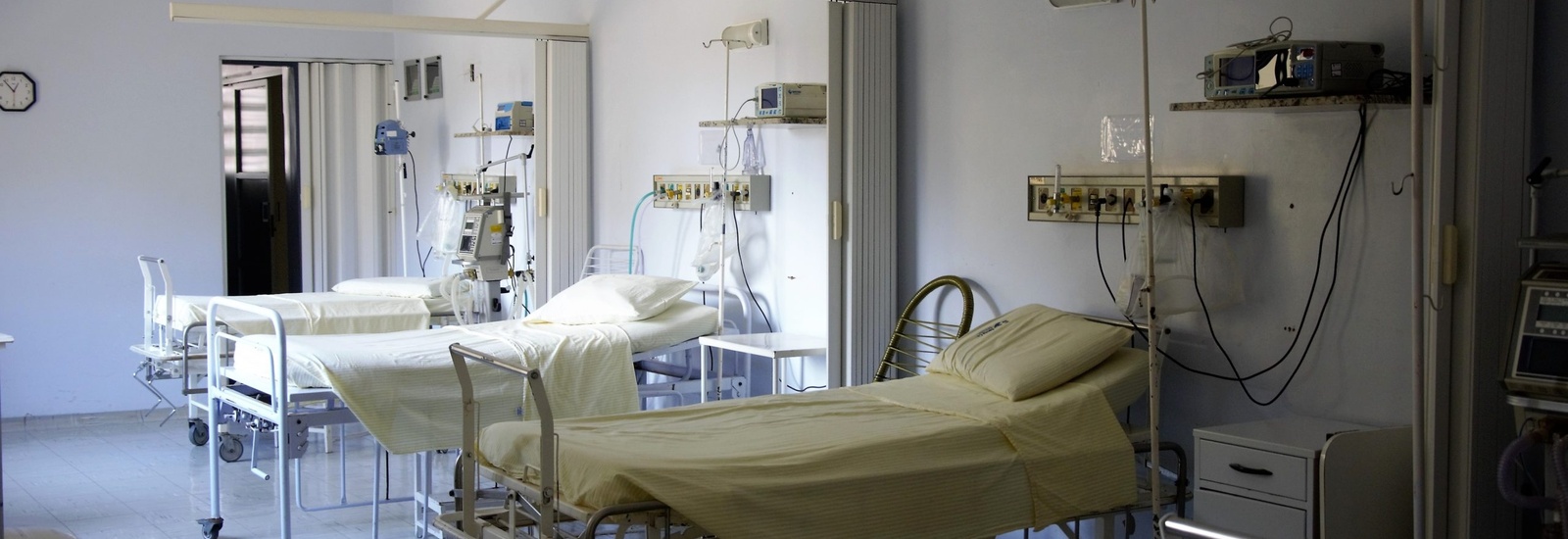Health-care waste
Heath care waste is mainly generated in health care facilities (hospitals, health centers and clinics, medical stations, dental clinics, laboratories, research centers, veterinarian clinics, cattle farms) and some amounts in households. Majority of this waste is regular municipal waste (such as mixed waste (clothes, diapers, some plastic items, tissues), recyclable waste, biowaste), but some is special waste or hazardous waste. As they may cause risks to health, they need to be sorted, treated, transported and disposed safely.
It consists of expired, unused, or no longer needed medications and contaminated materials used in healthcare.
Health care waste is classified to
- infectious waste (waste from the treatment of patients with diseases under the Communicable Diseases Act)
- sharp waste (needles, scalpels, glass ampoules and test tubes, sharp parts of hoses, broken glass and razors)
- ethical pathological waste (human or animal tissue, body parts, sorted to recognizable and unrecognizable waste)
- hazardous waste (expired and unused medications, cytotocix waste, radioactive waste, waste from X-ray operations). In addition, chemical waste such as solvents, dyes, laboratory reagents, cleaning and disinfecting chemicals; waste batteries and accumulators, and mercury containing waste from broken or discarded old meters and equipment or dental amalgam sites) is generated.
The waste should be properly packaged in waste-type approved containers and marked carefully (e.g. information about the waste and a yellow waste sticker placed in the container with specific waste types). For hygiene reasons waste generated in healthcare can often not be stored, and handling of the waste can pose a safety risk. Data protection must also be considered as some of the healthcare waste contains patient names and personal identification numbers.
In Finland, pharmacies or municipal disposal points receive pharmaceutical waste and direct it to a proper disposal in a hazardous waste plant. Returning waste to a pharmacy is free of charge. Sharp waste such as needles and syringes are also received in pharmacies when returned in a separate closed container. Pharmaceutical waste should not be placed in a mixed waste container as children may reach it. It should neither be flushed down the drain as it may cause environmental problems. In Finland, over 800 pharmacies accept unused medicines. In 2019, about 90 % of Finnish adults returned their unused medicines to a pharmacy.


Sources:
Terveydenhuollon jätteet – Ekokymppi
Selvitys orgaanisen jätteen kaatopaikkakiellon vaikutuksista (valtioneuvosto.fi)
Returning expired medicines has increased in Finland (valtioneuvosto.fi)
https://www.orion.fi/en/Sustainability/stories-about-responsibility/proper-disposal-of-pharmaceutical-waste/
How should medicines be disposed of? – fimea englanti – Fimea

